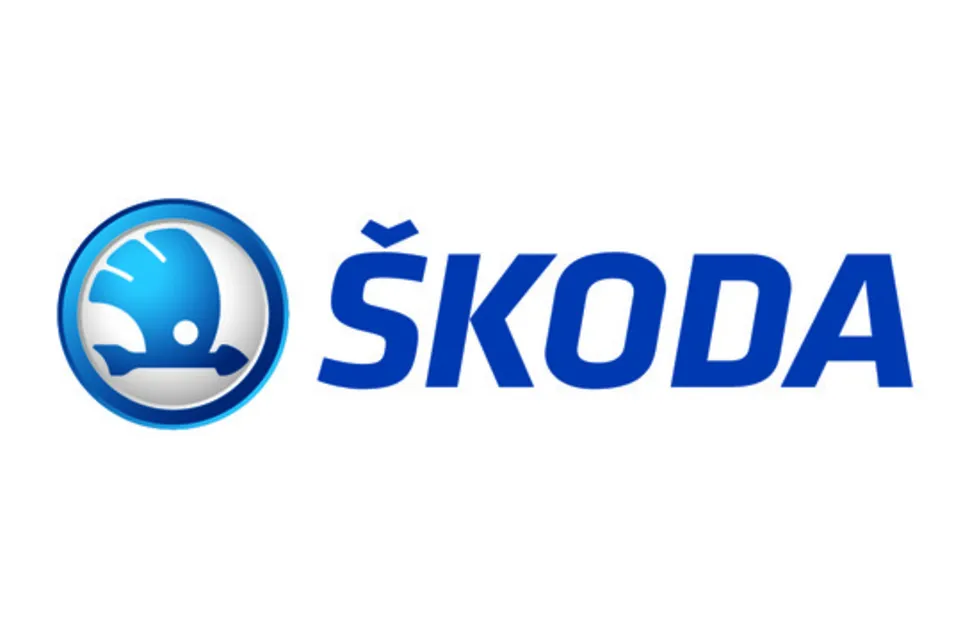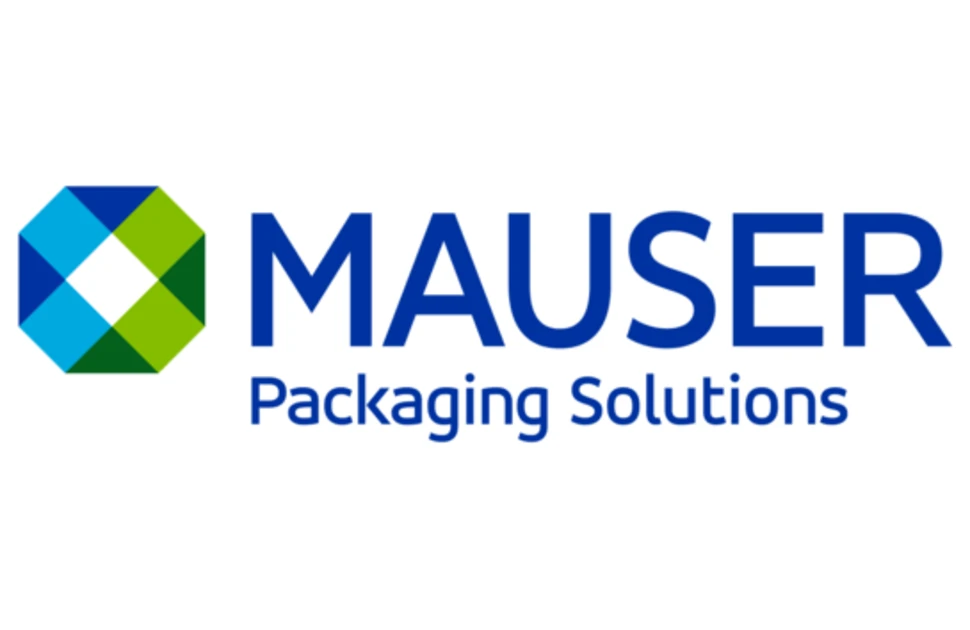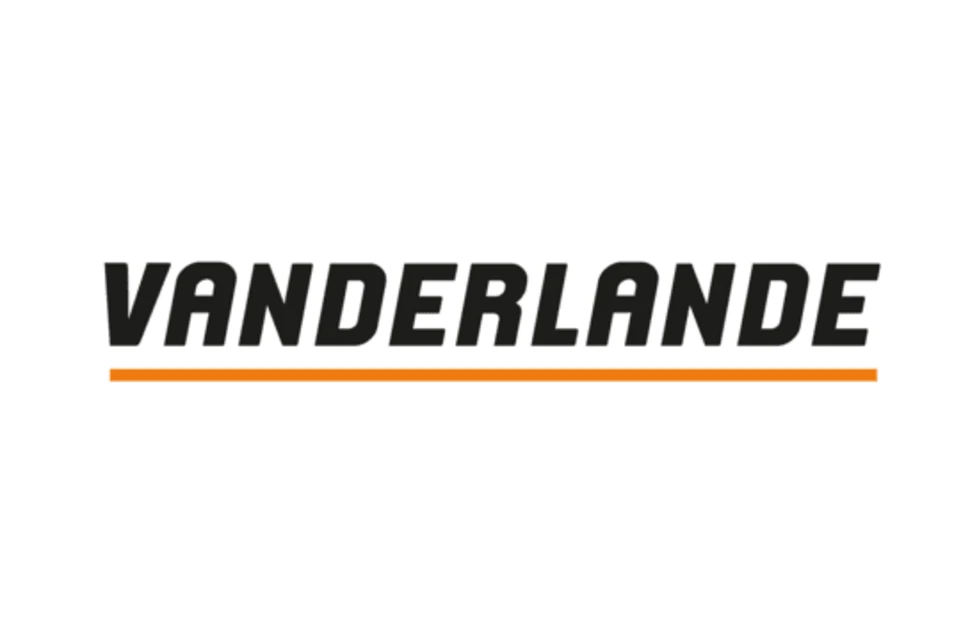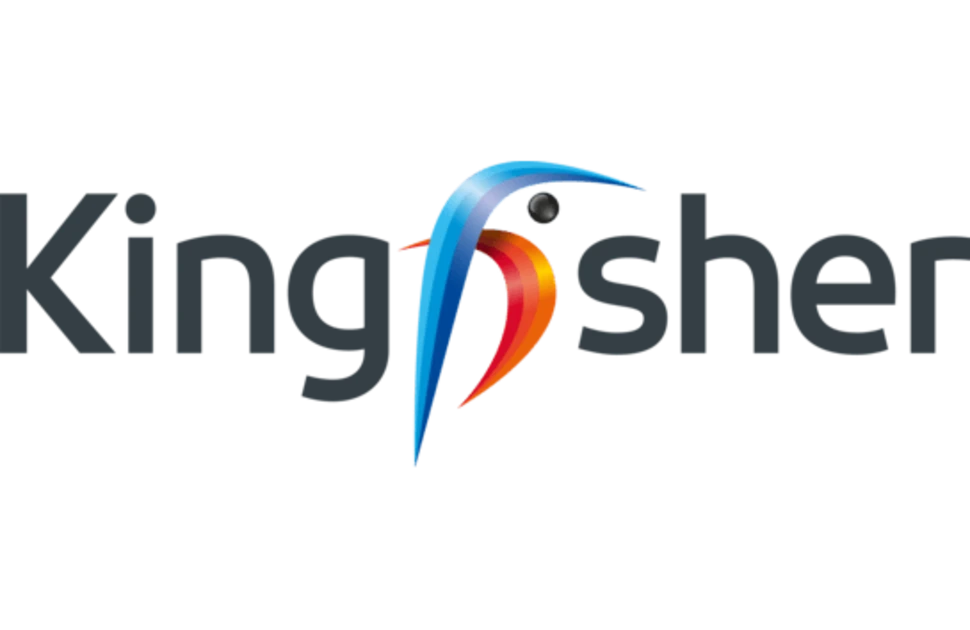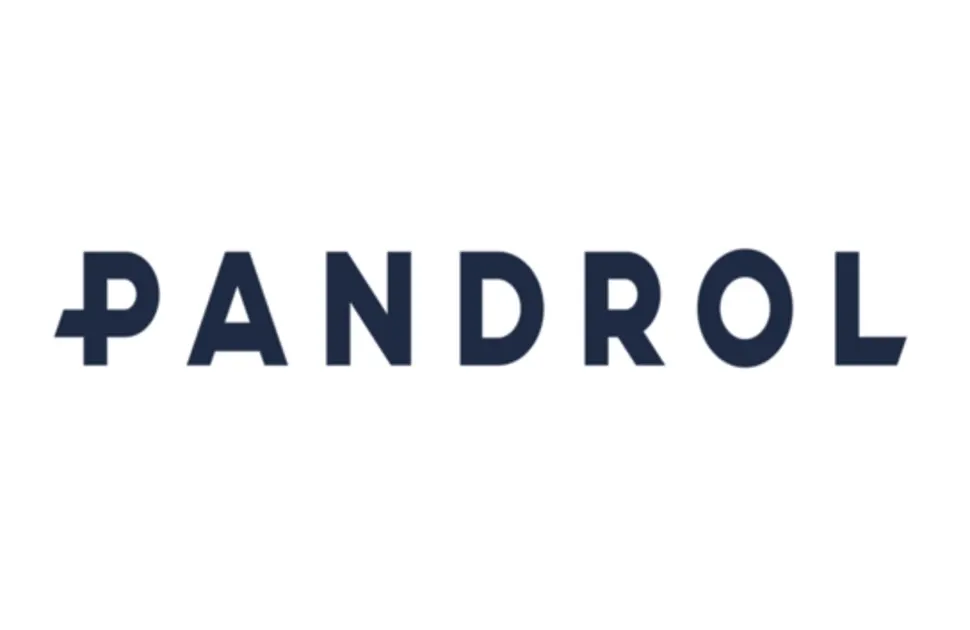Germany gives steel support despite 2024 budget tension
The German government is pressing ahead with financial support for its steel industry’s green transition, despite its recent funding setbacks.
Respondents to MEPS International’s December European Steel Review research once again highlighted the effects of the ailing fortunes of the eurozone’s largest economy. Its influence is reduced as an export destination for Italian mills. German steel producers, meanwhile, are increasingly present in France and Belgium as they seek new customers.
Market participants across Europe will be hoping that the German coalition government’s announcement of EUR2.6 billion in steel industry support – and its agreement on a 2024 budget – proves to be a positive step for the eurozone.
Germany’s steel industry backing
Plate maker Dillinger Hütte, long products producer Saarstahl, and their joint pig iron plant Rogesa – subsidiaries of Staar-Holding Saar (SHS) – will benefit from the prospective funding. It will support the construction of a DRI plant and two EAFs in Dillingen and Völklingen.
SHS said that Dillinger and Saarstahl would focus on the use of hydrogen, electric steel production and recycling steel scrap to achieve “climate neutrality” by 2045. Annual production of up to 3.5 million tonnes of green steel annually is expected to start in 2027/2028.
News of the investment came just days after the German government revealed that it had agreed its 2024 budget after a court ruling left it with a funding shortfall – triggering a period of negotiations.
In November, the country’s constitutional court ruled that its plan to invest EUR60 billion of unused debt from the pandemic era into its climate and transformation fund was “unconstitutional”.
This threw funding for Germany’s green transformation fund into doubt. At the time, the government also said that the ruling would force it to wind down its EUR200 billion Economic Stabilisation Fund, which has been subsidising energy prices for households and businesses.
It was subsequently revealed that, if approved, the German government’s 2024 budget would include a EUR3 billion cut to subsidies for the country’s most polluting industries, including steelmaking. It also wants to increase businesses’ carbon emissions levies.
Growth outlook
The German government’s funding dilemma has led analysts to downgrade the economic performance forecasts for the country.
Equally concerning for the growth prospects of Europe’s steel industry was the result of a survey of 5,000 German businesses by Munich’s Ifo Institute. It found they had “significantly reduced their investment plans” in light of the political uncertainty.
The index measures the difference between the percentage of companies planning to increase investments and those planning to cut them. Its net investment plan rating fell from 14.7% in March to 2.2% in November and 1.2% for 2024.
For steel producers, this would suggest a concerning continued lack of demand from Europe’s largest economy. Since May, Germany has had the lowest Manufacturing PMI score of any major global economy. The country’s Construction PMI, also calculated by the Hamburg Commercial Bank and provided via FactSet, has attracted the lowest score since June.
December’s progress on the German budget, and the steel sector’s fiscal support, may yet prove to be the first step towards easing the country’s economic crisis.
- This content first appeared in the December edition of MEPS International's European Steel Review. The monthly report provides subscribers with steel prices, indices, market commentary and forecasts from across Europe.
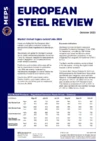
Source:
European Steel Review
The MEPS European Steel Review is an informative, concise and easy-to-use monthly publication, offering unique professional insight into European carbon steel prices.
Go to productRequest a free publication
